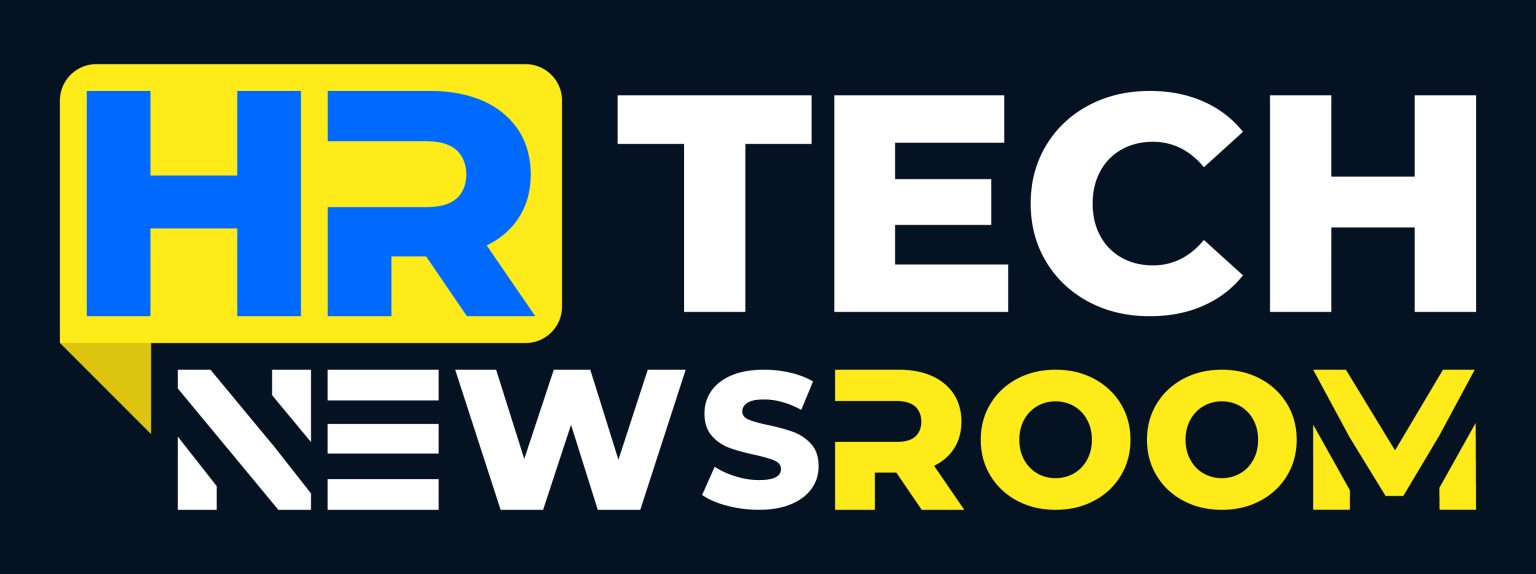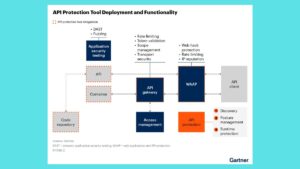Adapting HR Tech for 2025: Strategies for Future-Ready Human Resources

As we approach 2025, the landscape of Human Resources (HR) technology is set to evolve dramatically. The rapid advancement of technology and changing workforce expectations necessitate a proactive approach to adapting HR tech. This blog explores how organizations can prepare for these changes, the emerging trends shaping HR technology, and strategies to stay ahead in the dynamic HR landscape.
Emerging Trends Shaping HR Tech in 2025
- Artificial Intelligence and Machine Learning:
AI and machine learning are revolutionizing HR processes by automating repetitive tasks, enhancing recruitment strategies, and providing actionable insights through data analysis. In 2025, we can expect these technologies to become even more sophisticated, offering personalized employee experiences and predictive analytics. - Advanced Analytics and Data-Driven Decision Making:
The use of big data and advanced analytics will continue to grow, enabling HR professionals to make data-driven decisions. Predictive analytics will help in forecasting talent needs, identifying potential issues, and optimizing workforce strategies. - Enhanced Employee Experience Platforms:
As organizations focus more on employee engagement and satisfaction, HR tech will incorporate advanced platforms designed to enhance the employee experience. This includes personalized learning and development opportunities, seamless communication tools, and intuitive self-service options. - Remote and Hybrid Work Solutions:
The shift towards remote and hybrid work models is likely to persist. HR tech will evolve to support these models with improved virtual collaboration tools, remote onboarding solutions, and flexible work management systems. - Blockchain for HR Processes:
Blockchain technology offers potential benefits for HR processes, including secure and transparent handling of employee data, verification of credentials, and efficient management of contracts and transactions. - HR Tech Integration with Other Business Systems:
Integration of HR tech with other enterprise systems, such as finance and operations, will become more seamless. This will ensure a unified approach to managing business processes and improving overall organizational efficiency. - Focus on Diversity, Equity, and Inclusion (DEI):
HR tech will increasingly focus on supporting DEI initiatives by providing tools for tracking and reporting on diversity metrics, facilitating unbiased recruitment processes, and promoting inclusive workplace practices.
Strategies to Adapt HR Tech for 2025
- Invest in Scalable and Flexible Solutions:
Choose HR tech solutions that are scalable and flexible to adapt to future needs. Cloud-based platforms and modular systems allow for easy upgrades and integration with emerging technologies. - Embrace AI and Automation:
Integrate AI and automation into your HR processes to streamline repetitive tasks and enhance decision-making. Implement AI-driven tools for talent acquisition, performance management, and employee engagement to improve efficiency and effectiveness. - Focus on Data Security and Privacy:
As HR tech becomes more data-driven, ensuring the security and privacy of employee information is crucial. Invest in robust cybersecurity measures and comply with data protection regulations to safeguard sensitive information. - Promote Continuous Learning and Development:
Equip your HR team with the skills needed to manage and leverage new technologies. Provide ongoing training and development opportunities to keep your team updated on the latest trends and tools. - Enhance Employee Engagement through Technology:
Utilize technology to create a more engaging and supportive work environment. Implement platforms that offer personalized learning paths, feedback mechanisms, and employee wellness programs to enhance overall satisfaction and productivity. - Monitor and Adapt to Emerging Technologies:
Stay informed about the latest advancements in HR tech and be prepared to adapt your strategies accordingly. Regularly evaluate new tools and technologies to determine their potential impact on your HR operations. - Foster a Culture of Innovation:
Encourage a culture of innovation within your HR department by promoting experimentation and openness to new ideas. Support initiatives that explore the potential of emerging technologies and foster collaboration with other departments.
Conclusion
Adapting HR tech for 2025 requires a forward-thinking approach and a willingness to embrace change. By investing in scalable solutions, leveraging AI and automation, focusing on data security, and enhancing employee engagement, organizations can stay ahead in the rapidly evolving HR landscape. As technology continues to advance, HR professionals must remain agile and proactive to drive success and support their workforce effectively.






